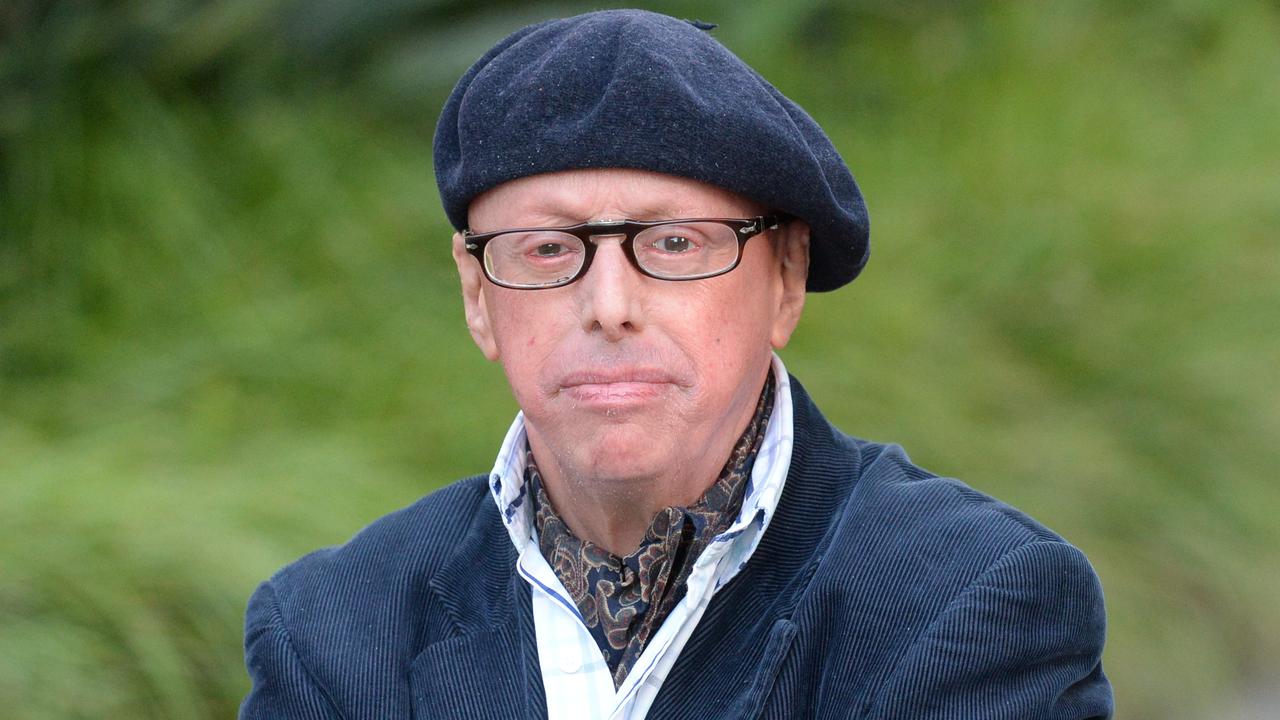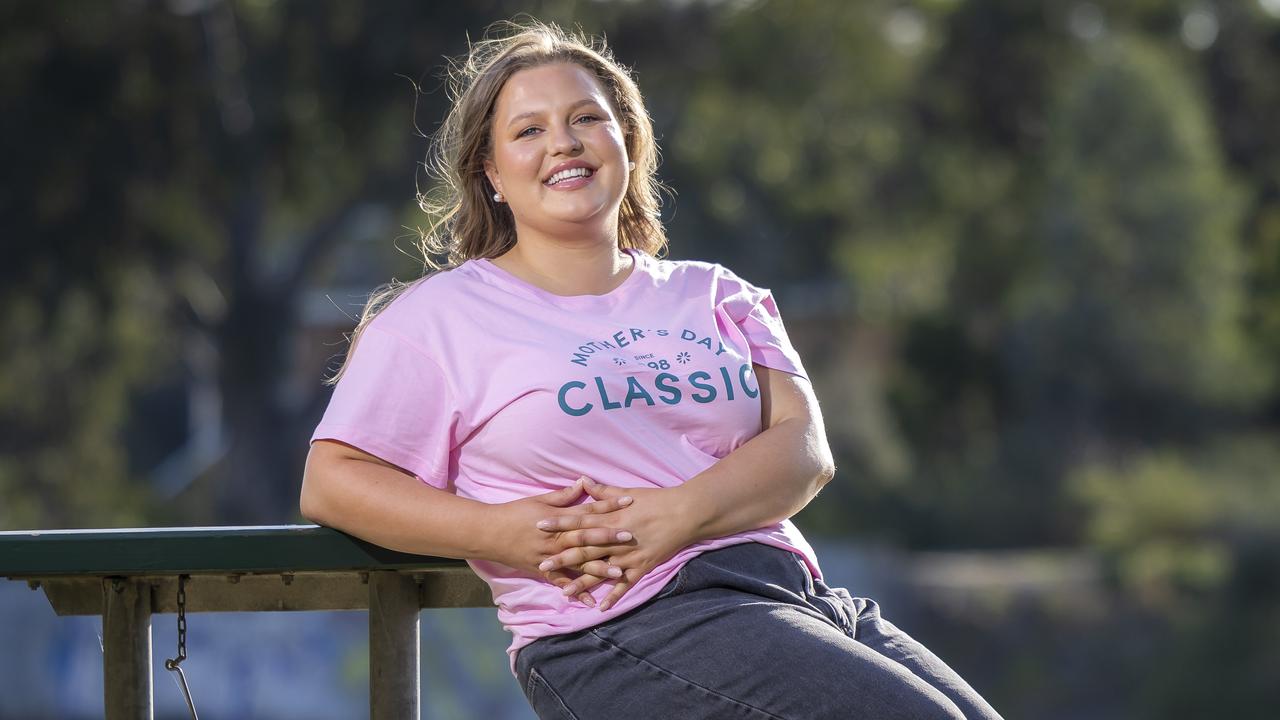Victoria to remove public drunkenness offence
Victoria’s police union has warned against cutting officers’ powers under new public drunkenness rules as the family of an Aboriginal woman who died in custody welcomed the change.
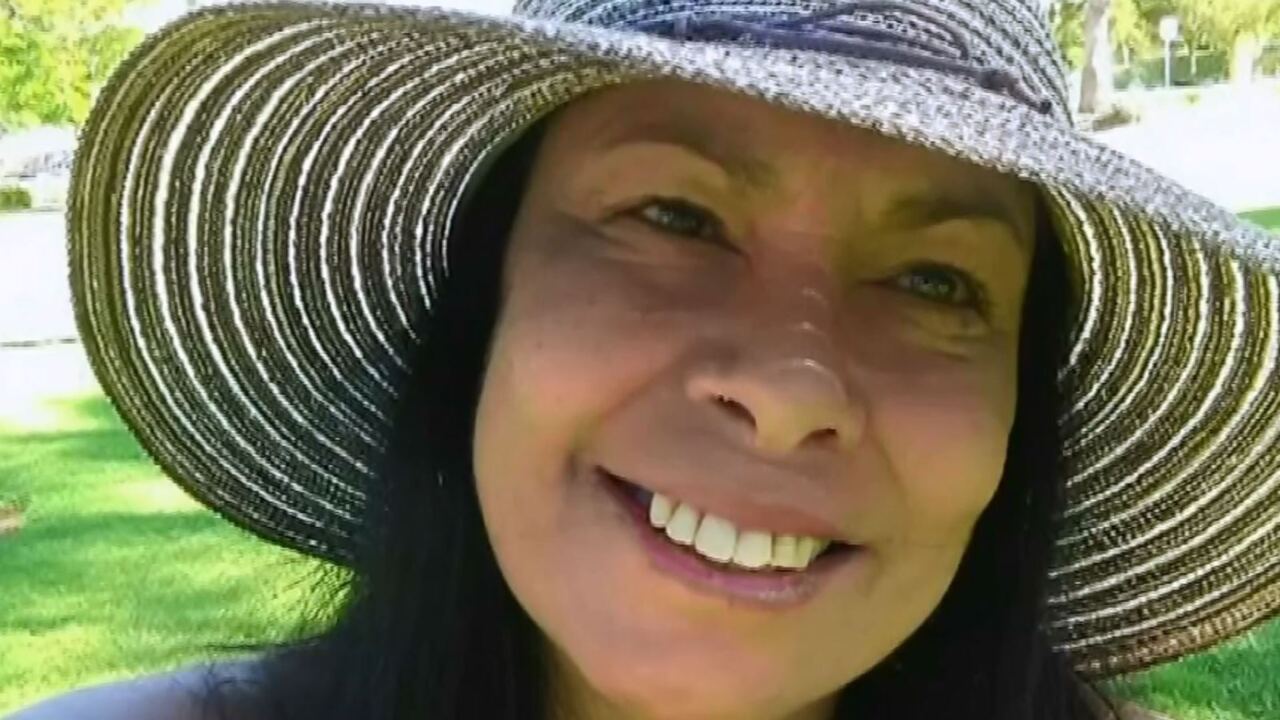
Victoria
Don't miss out on the headlines from Victoria. Followed categories will be added to My News.
Intoxicated Victorians will be taken home or to “sobering-up” centres under new rules decriminalising public drunkenness but the state’s police and ambulance unions have raised concerns about the scheme.
New details have emerged over how Victoria will remove the public drunkenness offence, with the government ruling out drunk tanks and instead placing focus on ambulance and outreach workers.
On Tuesday, the family of Tanya Day responded to the revelations.
In a statement, the family welcomed the state government’s decision not to add or replace existing police powers.
“Our mother would still be here with us today if Victoria Police had treated her condition seriously and cared for her with a public health response, but they chose to criminalise her at her most vulnerable time,” they said.
“She was left to die alone on the floor of a police cell after the officers responsible for monitoring her failed to adequately care for her as required by the Victoria Police guidelines.
“Public drunkenness laws are outdated and discriminatory, which is why the Royal Commission into Aboriginal Deaths in Custody recommended that it be decriminalised over 30 years ago after the death in custody of our uncle Harrison Day.”
The family also reiterated that the state’s approach was the first time an Australian jurisdiction had gone ahead with “true decriminalisation”, in which health professionals were tasked with much of the response.
“We note our family are yet to receive a public apology or acknowledgment of the role police played in our mother’s death and we continue to call for independent oversight and accountability of police, to ensure that what happened to our mum doesn’t happen again,” they said.
“The Andrews government must now work with our family and Aboriginal organisations and communities to implement a best practice and culturally appropriate Aboriginal-led health model.
“Aboriginal self-determination is crucial to ensuring these reforms are delivered in a way that is timely, meaningful and successful.”
However, Police Association secretary Wayne Gatt warned the move could water down the power officers on the ground exercise in cases where drunk people were a risk to others.
And ambulance union boss Danny Hill said it could tie up resources and keep paramedics from more important jobs.
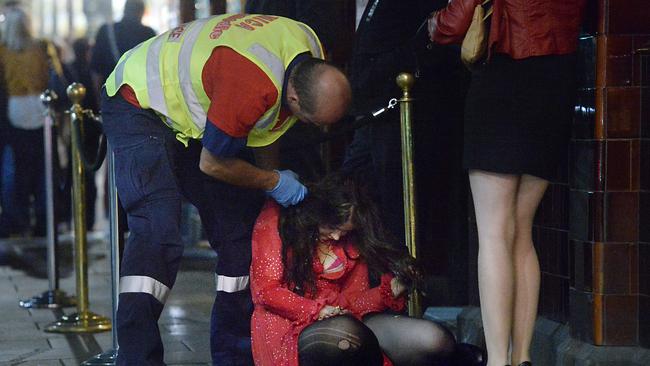
Attorney-general Jaclyn Symes says Victoria Police will still have the power to move on people or step in when they are making a scene under laws decriminalising public drunkenness.
On Tuesday, the Herald Sun revealed new details about the state government’s plan to implement a “health first” response to those intoxicated in public.
This includes changes that will put health professionals in charge, with ambulances or outreach workers to offer transport people home, to a friend’s or family member’s house or to a “sobering up” centre.
The Police Association of Victoria have raised concerns about the changes because they believe they do not fully address how to handle those who refuse help or may be a danger to themselves or others.
Ms Symes on Tuesday said the laws were not about diluting police powers.
“Police will still have the option of stepping in when somebody is disturbing the peace, causing a scene, concerns about violent behaviour and the like,” she said.
“Police still have those powers and we would expect that that would be a continued response. “We’ll continue to have conversations with police particularly around move-on powers that are complex.”
Ms Symes said public drunkenness would be a health issue but that the government would invest extra resources so that it wasn’t just paramedics responding to call outs.
“Ambulance providers and paramedics already respond to a variety of health issues induced by alcoholism in our state,” she said.
“We don’t want to put undue pressure on them.
“What we want to do is increase our resources for other health providers and outreach workers, “Many of these people actually already exist. Some of you may be familiar with the Salvation Army pink car, for example.”
Ms Symes said one of the sobering up centres would be in Melbourne’s CBD and further locations were being considered.
Opposition police spokesman Brad Battin said the Coalition didn’t oppose decriminalisation but said police needed the correct powers to keep people safe.
“Victoria Police for years have been about prevention. They’re ensuring the whole community is safe,” he said.
‘It is too late after someone’s been hit with a coward punch.”
Mr Battin said it was clear the police association supported the health response and the government should listen to their concerns about improving the system.
“That way we can actually have a sensible outcome and common sense outcome that accommodates indigenous people, homeless people but also prevention of violence, which many people are worried about the community,” he said.
Mr Battin also said it was vital to make sure ambulances were not tied up as taxis for drunk people when they could be assisting life-threatening emergencies.
Changes coming in November mean police will no longer take the lead in handling these people, with health professionals to be in charge of the first “true decriminalisation” of drunkenness in Australia.
In 10 areas, extra outreach and “place of safety services” will be set up for Aboriginal people, while another service for the wider population will run across Melbourne.
Health services are expected to be asked to take publicly intoxicated people to new locations such as their homes, a friend’s or family member’s house or a sobering up centre with their permission.
Laws banning public drunkenness were scrapped following the recommendation of a government panel into the death of Yorta Yorta woman Tanya Day in police custody in 2017.
A report released by that inquiry said police should be a “last resort” in cases of drunkenness, with high-level cases taken to hospital.
But emergency services remain concerned about how to handle the change, with rank-and-file police and paramedics questioning how they will meet the demand or handle aggressive patients.
Sergeant Gatt said the union did not oppose decriminalisation but dealing with non-compliant people was no simple matter.
He said there were thousands of cases each year in which police “intervention” was required and cutting their powers – against the advice of an expert reference group – was the wrong move for those instances. He said police would respond only once a crime was committed and by then it was too late.
Major issues such as this were raised three years ago, but no solutions had been provided, Sergeant Gatt said.
“Without question, the architects of this reform have failed to grasp the complexity of these issues when people aren’t consenting,” he said.
“It (the government) still has time to do this properly.”
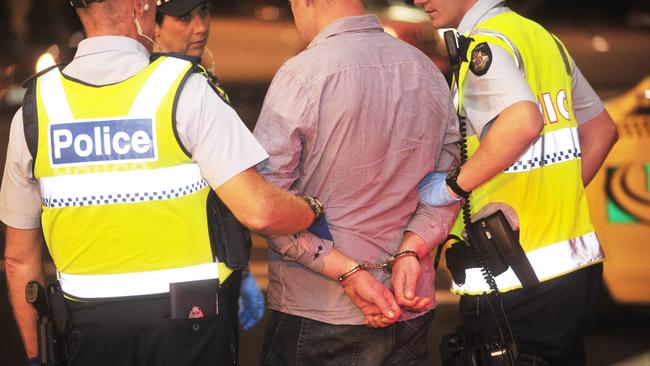
Sergeant Gatt said the government had indicated ambulance officers would now shoulder the burden and questioned how they would deal with a “no” person.
Intervention before a drunk person offended would not be possible under the new model, he said.
“If your son, daughter, mother, father or friend is injured or assaulted by a drunk person and ends up injured or worse, you’ll rightly want to know what the authorities did to prevent it,” he said.
Sergeant Gatt said there was additional risk attached to where police stood if they walked away from a drunk person who later died.
Mr Hill said the union supported the reform but wanted more work done before November. He said transporting intoxicated people would prevent paramedics responding to other patients and it should not be their job to restrain people who refused.
“We want this reform to work and to work well and to improve everyone’s safety … I don’t think all the building blocks are there yet,” he said.
The Herald Sun understands only one trial, in the City of Yarra, has been conducted and the government will instead set up a monitor to assess the new arrangements.
“This new model prioritises the safety and wellbeing of those who may be intoxicated in public and will help reduce deaths in custody,” a state government spokeswoman said.
Victoria Police said it was working through the changes with other agencies, including the Department of Health.
First People’s Assembly of Victoria co-chair Marcus Stewart said: “Sergeant Gatt shouldn’t lose sight of the tragic circumstances that highlighted the need for this long overdue reform.
“As we lead into January 26 our community will be mourning those we have lost in custody as we continue to fight for justice.
“His comments are insensitive and poorly timed.”



